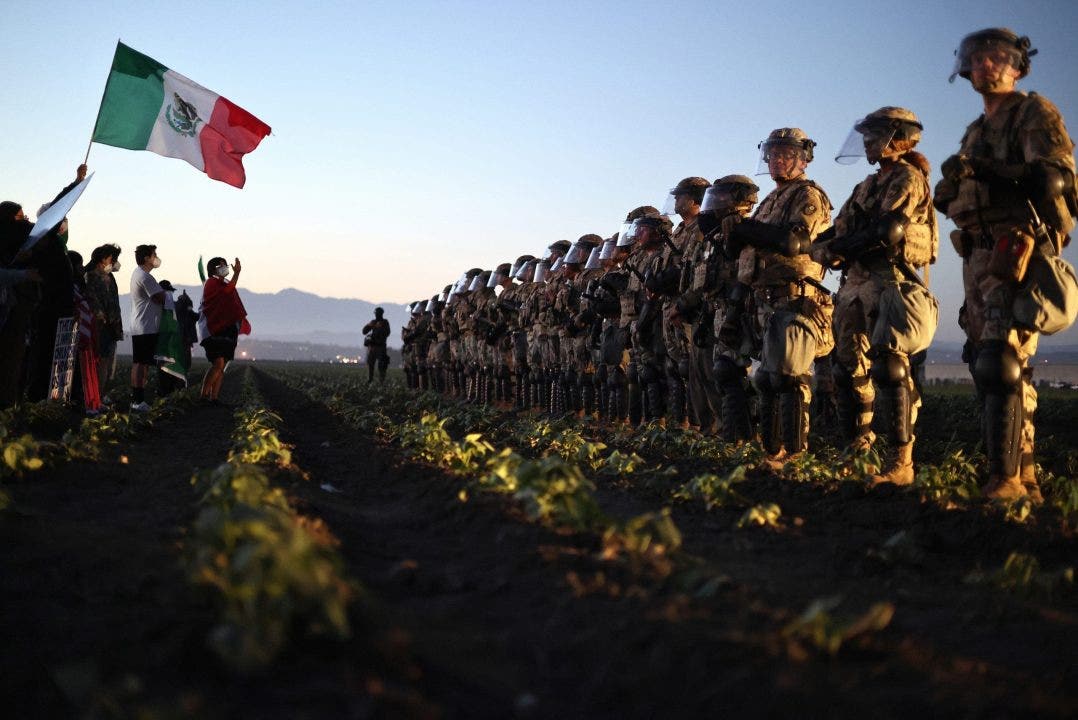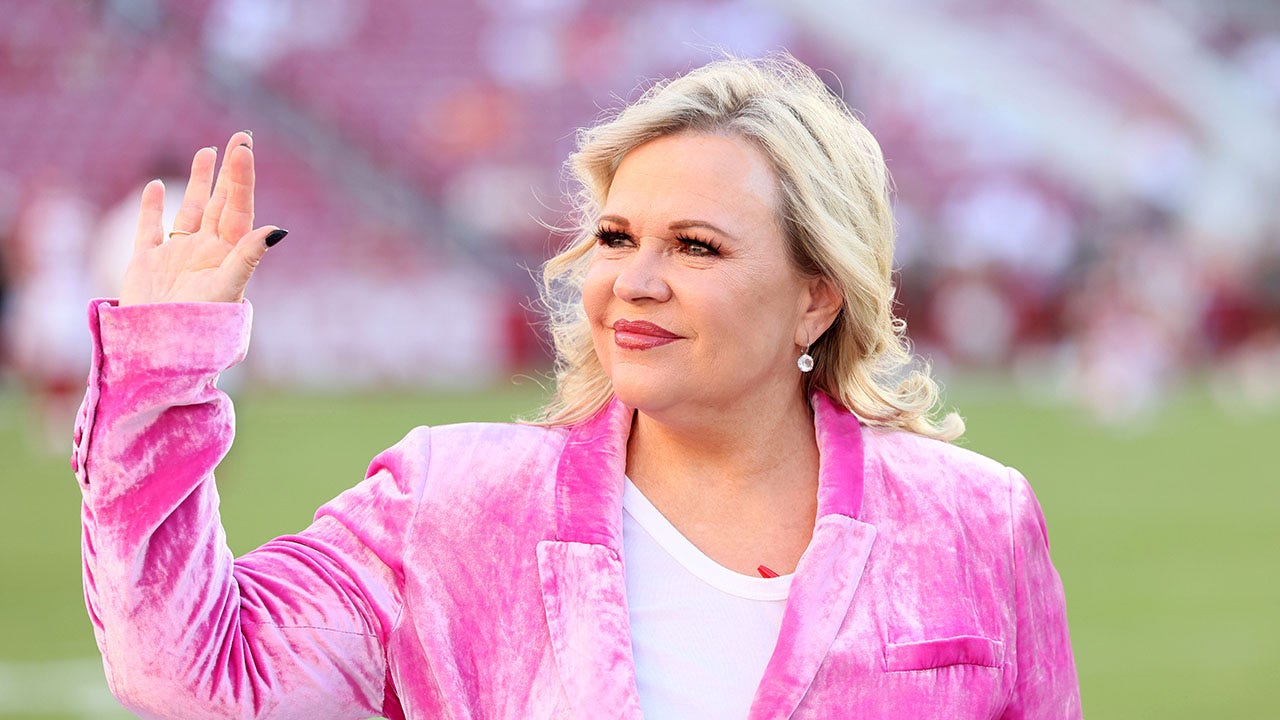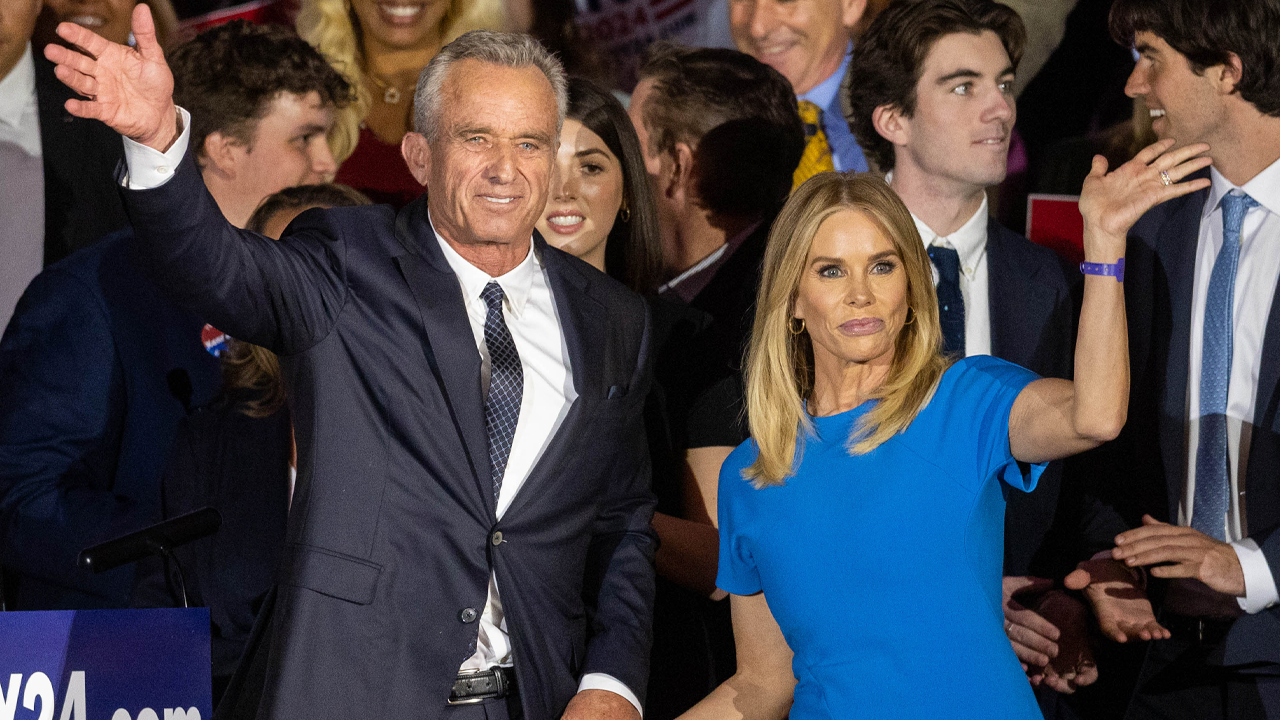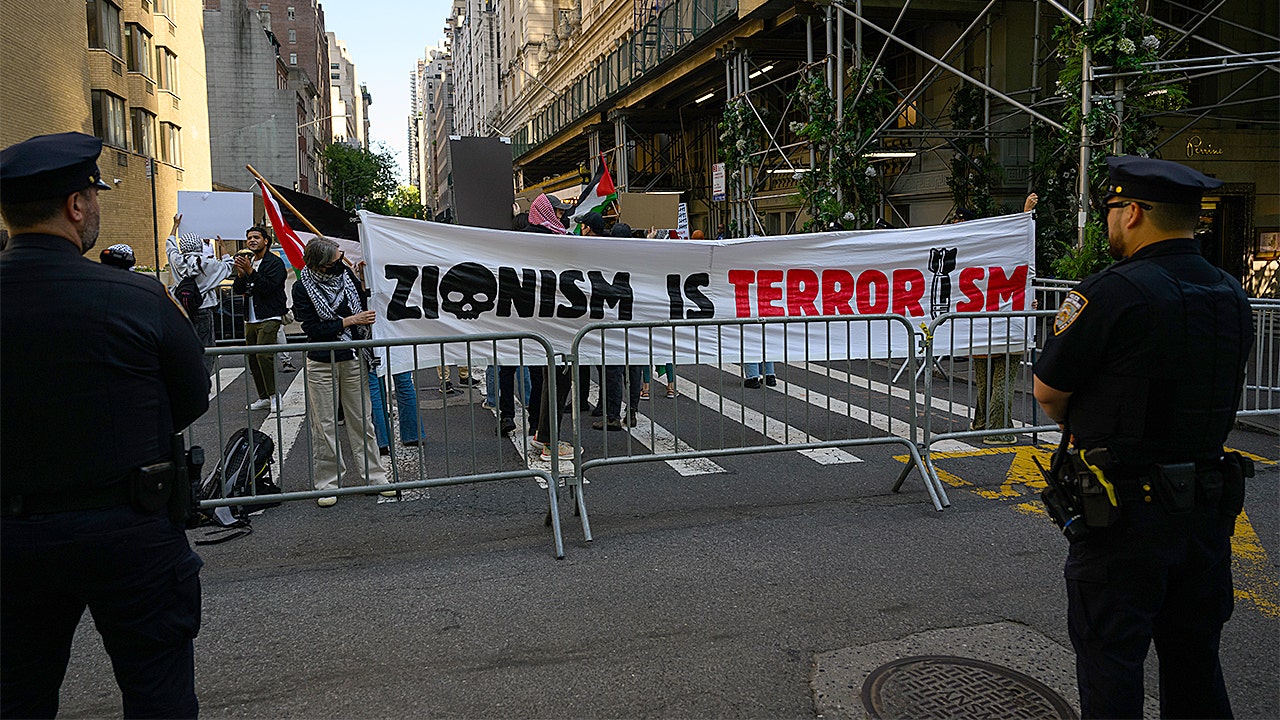The confident piano and sweet vocals of Carole King’s “I Feel the Earth Move” waft through the speakers of the James Earl Jones Theatre prior to the performance of Bess Wohl’s (Grand Horizons) newest Broadway play, Liberation.
In many ways, it’s the perfect song choice. The 1971 anthem, which King herself has connected to the ongoing women’s rights movement, is undoubtedly a nod to the time period where the play partially takes place, but it also serves as a greater metaphor for the production itself, which follows a group of women who find community, strength, and sisterhood after kickstarting their own women’s liberation group in the basement of an Ohio rec center in 1970.
And yet, when it comes to Wohl’s play, which opened tonight for a 14-week limited engagement, the inspection of second-wave feminism is only the tip of the iceberg. As painfully relevant as it is charming, Liberation forces viewers to reflect upon what it means to be a woman today, motherhood, the sacrifices of the women who came before us, as well as our present-day political perils, their past-day parallels, and what we plan on doing about them, exactly.
Little Fang
It begins with breaking the fourth wall. Lizzie (Susannah Flood) anxiously greets theatergoers by acknowledging the elephant in the room: Everyone’s phones have been sealed away in pouches prior to the performance. How weird, right? While it’s actually for privacy reasons related to the second act, Lizzie’s frenetic and affable nature quickly succeeds in melting the ice as she reveals what Liberation is truly about: a staged memory play in which she tries to better understand her late mother (also named Elizabeth) by reimagining her experience founding a local women’s liberation group.
See, Lizzie has lingering questions for her mom that she hopes will be answered through this radical period in her life and getting to know her and her groupmates, whom she frequently pulls into the present day to question about their lives and legacies. They include the determined Black book editor Celeste (Kristolyn Lloyd), the fiery Sicilian coffee girl Isidora (Irene Sofia Lucio), the motorcycle-loving and pubic crabs-fearing Susan (Adina Verson), the invisible housewife Margie (Betsy Aidem), and the young office worker Dora (Audrey Corsa).
Lizzie also steps in as her mother throughout the play as the six outsiders form fast friendships, argue over their proposed strikes and “womanifestos,” and challenge themselves and each other to stand up and advocate for change.
While Wohl’s script is packed to the brim with thoughtful moments of beauty, comedy, and heartbreak, Liberation wouldn’t be nearly as affecting and, sadly, relatable without its stellar cast. As Isidora, Lucio is a total spitfire, bringing a dogged effervescence to the character that’s easy to rally behind one moment and then pulverizing your heart the next. Aidem, meanwhile, shines as Margie, especially during a scene in which she painstakingly lists all of the daily chores that she completes around her home that go completely unnoticed by her feckless husband.
Verson effortlessly draws laughs each time they step onto the stage as Susan, a revolutionary writer who dreams of making a difference in the world while contending with her current reality of living out of her car with her squawking pet bird. At the same time, Corsa imbues Dora with a cautious, reserved nature that soon develops into unshakeable confidence as she fights to ascend the corporate ladder while getting relentlessly hit on and surpassed by her far less talented male colleagues. And Lloyd brings a stiff upper lip that melts away to secret tenderness and fear to Celeste, who is not only navigating the realities of being the only Black woman in the group, but also returning home to take care of her ailing mother.
Flood ensures that Lizzie feels every bit as nuanced and conflicted as a woman caught between worlds would feel, especially one who is concerned that she’s hurtling down the same traditional pipeline as her mother. And, while she doesn’t fully appear until the second act, Kayla Davion’s character Joanne is the ultimate scene stealer, sending the audience into fits of laughter with her barbs, fighting back emotion during painful confrontations, and silencing arguments with a perfectly-timed pointed remark.
Their performances are bolstered by director Whitney White, who leads with a steady hand having previously shepherded another equally strong ensemble in the Tony-nominated play Jaja’s African Hair Salon. Simple, yet effective staging by David Zinn makes the rec center feel both lived-in and a product of its time, with the basketball scoreboard cutely reading “1970” to signify the year. Meanwhile, Cha See’s lighting design bathes the set in the warm golden hue of the past and costume designer Qween Jean and hair and wig designer Nikiya Mathis team up to bring the ‘70s back in full living color with bold prints, bouffants, and miniskirts. Oh my!
Little Fang
That doesn’t mean Liberation isn’t without its faults. While it was initially beneficial to set the stage, the repeated breaking of the fourth wall can often pull one out of a tense or emotional scene that they would’ve rather stayed in over hearing another icebreaker. There are also several large time skips as the play picks up speed and focuses less on the group in favor of exploring Lizzie’s mother and their family in its second act.
While the pivot makes sense — this is a memory play, after all — at that point I cared so deeply for the women that I wanted to learn more about the progress they’d made personally, professionally, and politically rather than watch their lives fade into sketches.
Without spoiling anything, Liberation’s ending doesn’t quite stick the landing either. I fully acknowledge that there are many questions posed within the play that can’t be resolved over the course of its two-and-a-half-hour-long runtime. (This is even touched upon in the play, with Lizzie fully admitting that there are blind spots in her recreated version of her mother’s past, apologizing to Joanne at one point for not shining a spotlight on the lack of intersectionality in the women’s lib movement.)
However, Liberation’s call to action, which is delivered directly to the audience, could’ve been much stronger given our current political climate — including the criminalization of abortion in multiple states, and the weakening of protections for already marginalized groups. Perhaps that’s just the Isidora in me.
Little Fang
Over 50 years behind us, the 1970s are looked back upon through time’s rose-tinted glasses by both those who lived through the era and those who find connection through their music, movies, miniskirts, and general hopefulness in a time of great adversity. Liberation‘s women are, strangely, both behind and ahead of their present-day spectators. They mourn the fact that no-fault divorce has yet to be legalized in their state, while acknowledging wins like Roe V. Wade. They take to the streets to advocate for things like universal childcare — a topic that is quite literally on the ballot in New York City’s mayoral race this year. Their struggle is still our struggle. And the battle for equality, just as it was back then, is far from over.
Liberation may not be able to answer life’s difficult questions, but it knows that it’s important to foster these conversations and to come together to try our best to make the world a better place — especially when history often seems hellbent on repeating itself. And, four steps out of the theater, it’s clear that messaging has hit its mark when a young woman turns to her friend and brightly declares, “I’m fired up!” Grade: B+





:max_bytes(150000):strip_icc()/betsy-aidem-kristolyn-lloyd-irene-sofia-lucio-adina-verson-audrey-corsa-susannah-flood-liberation-102725-1-7c93cd7595f34ed68f099525c68e32b0.jpg)







